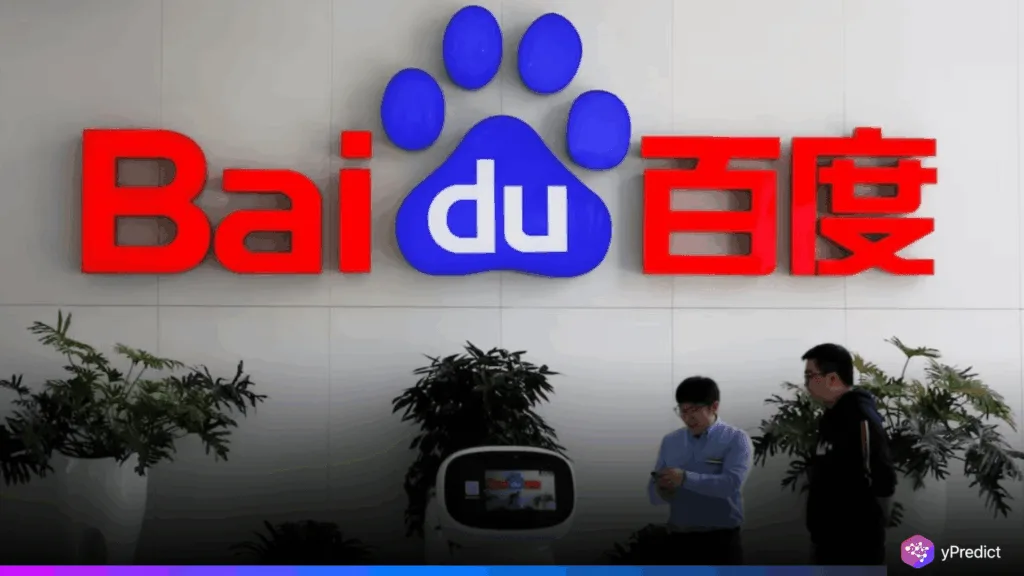
Baidu has launched MuseSteamer, an advanced AI-powered video generator for business users, at its annual AI Day event. This represents a significant advancement in the business’s efforts to maintain its competitiveness in the rapidly changing field of AI.
The tool can produce 10-second cinematic clips that combine seamless visuals, synchronized Chinese voiceovers, and sound effects. Additionally, Baidu debuted a redesigned search engine that can now handle both image and voice queries. Robin Li, the company’s CEO, called the updates Baidu’s most significant product development in a long time.
MuseSteamer Redefines AI Video Creation
MuseSteamer, Baidu’s recently released video generator, is intended to empower agencies, creators, and brands. Turbo, Pro, and Lite are its three editions, each of which is tailored for accessibility or performance. Static images can be transformed into fluid 1080p video clips by the AI model. Additionally, this combines facial expressions, camera movement, and spoken Chinese.
Tech specialist, Md. Riyazuddin shared his personal experience on X, describing it as a “huge leap” for storytellers. He commended the tool for its ability to generate content in native Chinese without the need for dubbing or post-production. “It’s cinematic and feels studio-quality,” he added, noting how costly such videos usually are to make.
Baidu’s MuseSteamer is exclusively for business use, in contrast to OpenAI’s Sora, which caters to individual creators. A consumer-facing version is still being developed. Will this business-first strategy succeed in a market that is breaking for tools for creating content at the consumer level?
AI Model Powers Baidu’s Smarter Search
Baidu launched a significant overhaul of its main search engine in addition to MuseSteamer. The same potent AI model that drives its other AI products is also driving this upgrade. Longer queries, picture uploads, and voice-based searches are supported by the upgraded platform. This platform provides more precise and tailored results.
The changes are intended to counter rising competition from other Chinese tech giants such as ByteDance and Tencent. Both businesses have released competing video generation models and chatbots. However, Baidu believes that its emphasis on business-level tools and professional Chinese language media will give it an advantage in the market.
Can Baidu’s AI Edge Win the Race?
MuseSteamer establishes Baidu as a significant player in the field of creative automation as the AI race intensifies. Accessibility is just as important as technology. How many small studios or marketers can afford high-end video production? Not a lot. So, Baidu is trying to reduce that difference.
This video generator may not have as much consumer buzz as OpenAI. However, it could be the key to the massive market for digital content in China. The company has a thorough understanding of its market, as evidenced by its emphasis on developing native Chinese and business-ready solutions.
What are your views? Is it possible that Baidu’s AI-first strategy will influence enterprise storytelling in the future?






